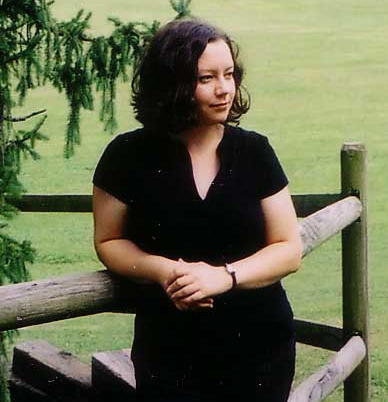 Ms.
Tanya Cochran
Ms.
Tanya CochranDoctoral Candidate
English
Georgia State University
USA
"Your Own Personal Savior . . . I Mean Slayer: Buffy and Religion, Buffy as Religion
[Click on the link above to see this paper's placement in the SCBtVS Program.]
|
Authors such as Wendy Love Anderson ("Prophecy Girl and the Powers That Be: The Philosophy of Religion in the Buffyverse" in BtVS and Philosophy), Gregory Erickson ('"Sometimes You Need a Story': American Christianity, Vampires, and Buffy" in Fighting the Forces), and Gregory J, Sakal ("No Big Win: Themes of Sacrifice, Salvation, and Redemption" in BtVS and Philosophy)—among others—have explored religion in the series. My claim is that Buffy is much more than a text in which religion is valued or devalued, in which religious figures are victimizers and victims of the stake. Akin to what John C. Lyden has recently argued about film in his book Film as Religion: Myths, Morals, and Rituals, I believe that Buffy performed and continues to perform a religious function among its viewers—fans and "fanacademics" alike. Even as an imaginative text (and maybe because it is an imaginative text), it offers "readers" a worldview and tools (values, morals, etc.) with which to meet their needs in the real world. To support my claim, I draw on the work of Buffy scholars and critics and the fields of religion (e.g., Paul Tillich), philosophy (e.g., Giambattista Vico and Ernesto Grassi), anthropology (e.g., Clifford Geertz), and more. |